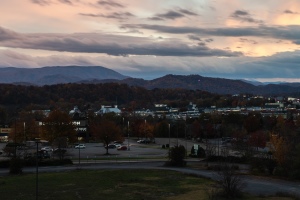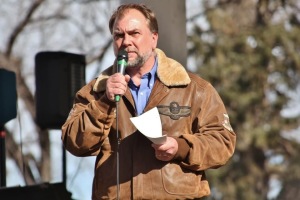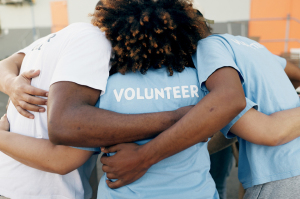My People, My People: A Response to Christian Genocide From the Inside-Out
An Unshaken Hope
Being Black, Christian, and living in America, we know oppression's characteristics, causes, and effects; we know what it is to live in a world that is hostile toward our God-given identity.
We understand well how Satan works through systemic oppression. Yet in spite of those limitations, we have still achieved more legislated freedom than many others around the globe. Many of us have access to education and freedom to travel, to speak our minds, and to vote.
Some in the suffering church feel forgotten; others report that they feel betrayed. Similarly, our ancestors surely wondered if anyone in their homelands remembered them. How can we close this gap?
- Pray. Because of our own history, we can pray with insight.
- Learn responsibly. Avoid the promotion of false and sensationalistic information; know that the information you are getting is accurate and well-documented. When the fog of war descends, it is difficult to discern acts of self-defense from regretful acts of provocation and revenge. Those on the ground who understand the cultural and political dynamics that influence the life of the Church are our best resources to close the gaps in our understanding.
- Educate. Tell their stories. A single tweet or social media post pointing others to trusted sources helps to expose their plight.
Our current cultural crisis at home pulls at us all, and there are certainly urgent needs in our own backyards. However, taking steps toward the suffering Church need not take anything away from efforts to bring light, truth and justice into our own communities.
These Christian communities desperately need our unique perspective to speak to their current systematic displacement and decimation; we are strangely united by our suffering. For "if we are afflicted, it is for your comfort and salvation; and if we are comforted, it is for your comfort, which you experience when you patiently endure the same sufferings that we suffer. Our hope for you is unshaken, for we know that as you share in our sufferings, you will also share in our comfort."
History is listening for our voice. Our response to this epic crisis could well be one of the wisest investments of our freedom, imbuing our own dark history with redemptive purpose and meaning.
[i] Malick, Mohammad "Minorities large and small" Horizons (The Frontier Post magazine) (7 January 1992) pp. 8-9
[ii] Sookhdeo, Patrick, A People Betrayed: The Impact of Islamization on the Christian community in Pakistan (2002), pp. 180-181
[iii] Psalm 116:15, ESV
[iv] Galatians 6, ESV
[v] Matthew 12:46-48, ESV
[vi]Article 18 of the Universal Human Rights Declaration states: Everyone has the right to freedom of thought, conscience and religion; this right includes freedom to change his religion or belief, and freedom, either alone or in community with others and in public or private, to manifest his religion or belief in teaching, practice, worship and observance.



























